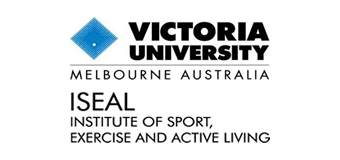WHY THE NUDGE
For many years advertisers and organisations have been using “nudge theory” to manage our behaviour to their advantage, making it easier to do the things they want us to do. Requiring people to opt out rather than opt in is becoming an increasingly common strategy. In recent years, Government and the non-profit sector has recognised the opportunities that nudge theory provides and there have been some great and diverse community benefits internationally. Some examples are:
- An extra 12 million US school children accessing free school meals they were entitled to
- Increased take up of pension payment in the UK – a bit like our superannuation scheme – but it is not compulsory – so an opt-out rather than an opt-in takes advantage of peoples’ inertia.
- Google staff changed their eating habits in their cafes by putting fresh fruit clearly on display and putting the sweets and the lollies in opaque containers.
- Reduced spillage in urinals – by embossing a fly at the point you want men to aim at.
World leaders have embraced behavioural economics with nudge theory. Barack Obama, David Cameron and now Malcolm Turnbull all recognise the opportunities in giving people a nudge.
Nudge theory is changing the default position– recognising the more effort required to do something the less likely you are to have large numbers of people doing it – though no doubt the enjoyment of the activity has an impact to.
So we like to use a nudge, to have people think a bit more about their sitting habits, to put some things in place that makes it easier to move more and sit less but also brings fun and enjoyment.
So you are more likely to do this again and again and…







